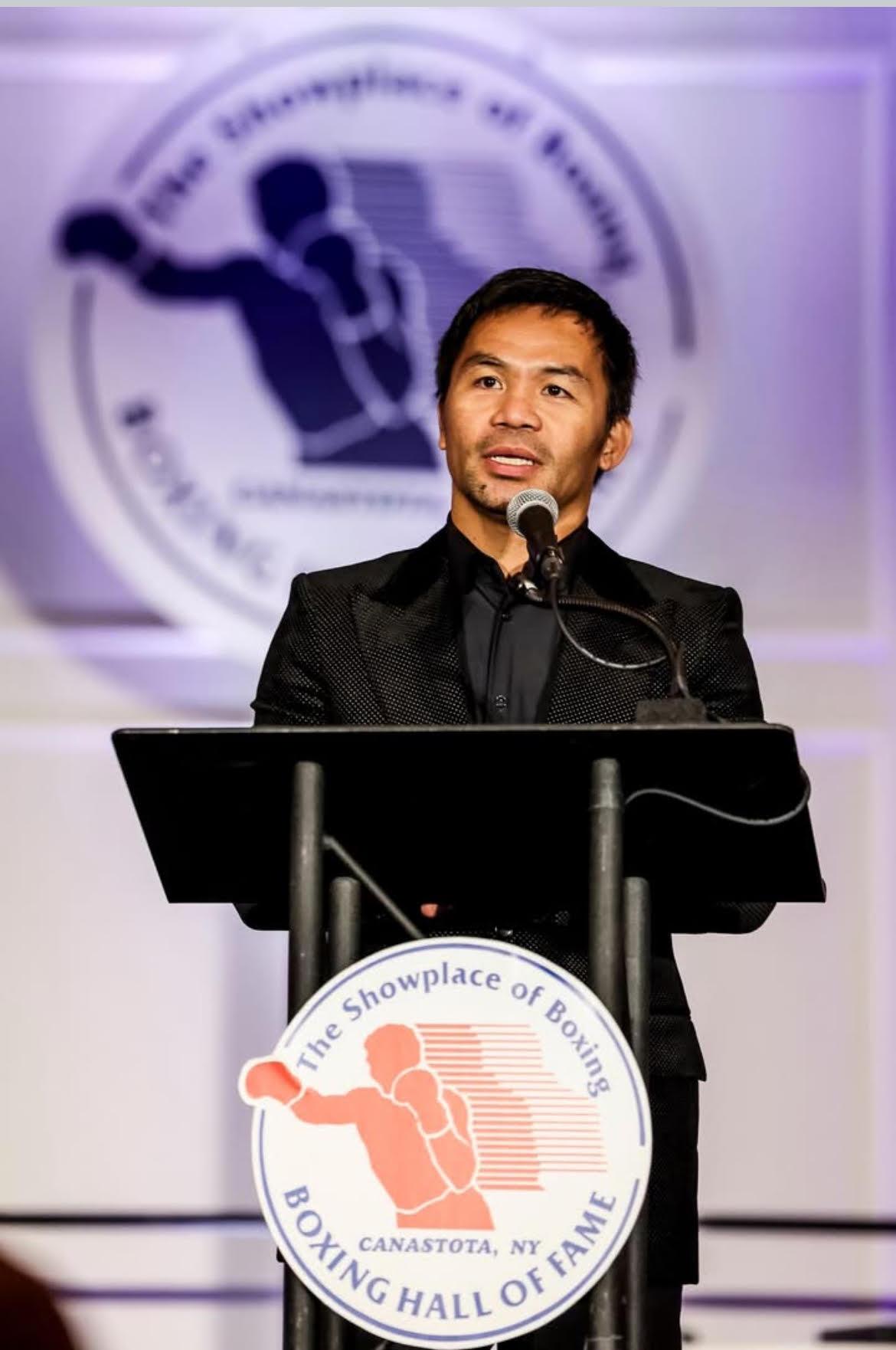In many Filipino homes, the father is not always the most expressive figure—but his presence is constant, shaping the rhythm of everyday life in quiet, deliberate ways.
Often referred to as the haligi ng tahanan—the pillar of the home—the Filipino father represents stability. He may not say much, but what he does carries weight: the early morning commute, the remittance sent from overseas, the extra shift taken without complaint. These aren’t dramatic acts. They’re decisions made out of duty, often love, and always with the next generation in mind.
He teaches responsibility by living it. Whether running a small business, working overseas, or commuting to a job that demands more than it gives back, he shows that dignity lies not in the title, but in the effort. For many Filipino children, the lesson was never in a speech—it was in watching him show up, every day, without fail.
He puts family at the center. In Filipino culture, a father’s role rarely ends with his own children. He may be sending money to siblings, helping cousins through school, or serving as the quiet anchor of an extended household. His sense of obligation is expansive—and unspoken.
He leads without spectacle. Leadership, for many Filipino fathers, isn’t about charisma or command. It’s practical. It’s fixing what’s broken, solving what needs solving, being steady when others are unsure. You might not notice it in the moment—but you grow up knowing someone had your back.
He passes down values, not just advice. Respect, resilience, gratitude. You learn these things through repetition—how he greets elders, how he handles setbacks, how he saves rather than spends. These are lessons you carry long after you leave home.

Fathers come in many forms. Some are biological, others are chosen—grandfathers, uncles, older brothers, mentors. What they share is a legacy of quiet strength and love in action. They remind us that being a dad isn’t about perfection—it’s about being there.
Filipino fatherhood isn’t one-size-fits-all. Some fathers are warm and open. Others are reserved. Some are present daily. Others do what they can from afar. But across these different stories runs a common thread: a commitment to build, provide, and protect—often without expecting recognition.
In every generation, Filipino fathers have passed down more than just names—they’ve passed down values. Through presence, not perfection. Through action, not words. And while their stories may not always be written down, they are lived every day in the lives of the children they raised.






